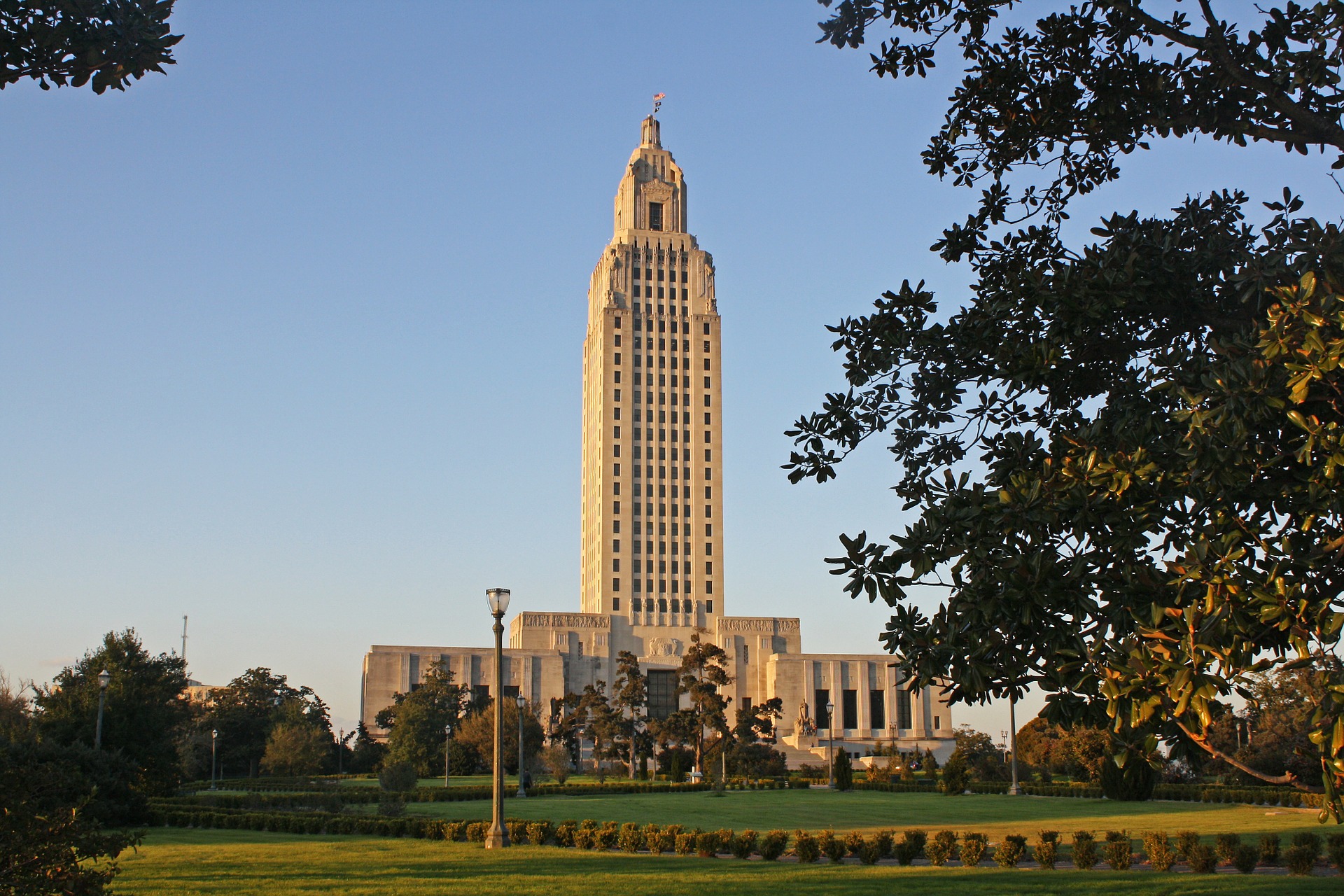
Rebecca Anna Lee Dorsey Williams
August 18, 2009
Jeanette A Bourgeois
August 20, 2009The application by Houma oil producers U.S. Oil & Gas to build a saltwater injection well in East Houma drew opposition from at least one Terrebonne Parish Councilman at last week’s council meetings.
The salt water is a by-product of the oil drilling process.
U.S. Oil & Gas applied to the parish for a permit to build the well on June 15 and needs a variance approval from the council.
Parish regulations require a one-mile buffer between the well and residential areas. Several homes are located just within the limit, U.S. Oil and Gas President Thomas Hebert told the Parish Council’s Public Services Committee at last week’s meeting.
Hebert owns the land where the well would be built. The site near Bayou Lacarpe is in a commercial area with access to the Houma Navigation Canal.
But Councilman Alvin Tillman, whose district would contain the well, stated that he was not supporting its construction.
Tillman said the well could not be built without a variance and started a motion to quash the variance, which failed.
A motion will be voted on at the next parish council meeting on Aug. 26.
Although Baton Rouge engineer Clay Kimbrell, who is the project manager for U.S. Oil, told the council that produced salt water is not classified as hazardous waste, Hebert said the water contains more chlorides than regular salt water.
“There’s plenty of chemicals in produced salt water,” parish emergency preparedness director Earl Eues told the Public Services Committee. “It’s naturally occurring from producing oil and gas. It’s not just plain salt water.”
The state banned surface dumping of produced salt water in 1990. Sidney Sundbery, attorney for U.S. Oil, said underground injection is the norm.
Some companies inject the salt water at the site where drilling occurs, but that cannot be done everywhere, Eues said.
The parish’s one existing saltwater injection well is located in Bayou Blue. Eues said the well has had problems with corrosion and leaking.
According to Hebert, the cost to dispose salt water at the well in Bayou Blue has increased markedly, calling its operation “oppressive and monopolistic” in a letter to Parish Planning Director Pat Gordon.
Tillman said the people in his district do not want the new well. He objected after a representative from the state Department of Natural Resources told the council the well would be inspected twice a year. Hebert told the Public Services Committee the well would be inspected quarterly.
“We’ve tried to get the state to do many things. I don’t have a lot of faith,” Tillman said at the committee meeting.
“The applicant mentioned cost,” he said Wednesday. “Spend some additional money so you don’t have issues with residents. The issue is, ‘I’ve got a piece of land. Why go elsewhere when I have a piece of land I own?’ Maybe you could go to an open area.”
Kimbrell said the process of injecting the salt water has many safeguards. “It comes in on barges to closed tanks, separation tanks.” The area underground is a good location with flat strata and no faulting, he said. Hebert said the site is south of the parish ‘s water supply intake and would not pose a threat.
Councilman Billy Hebert said the existence of oil wells drilling near populated areas of Houma draws few complaints. “We permit that,” he said, asserting that saltwater wells cannot have blowouts like oilrigs.
But Councilman Kevin Voisin was concerned that, in the future, other substances besides produced salt water could be pumped into the well.
“I’m worried about the next permit,” Voisin said.








